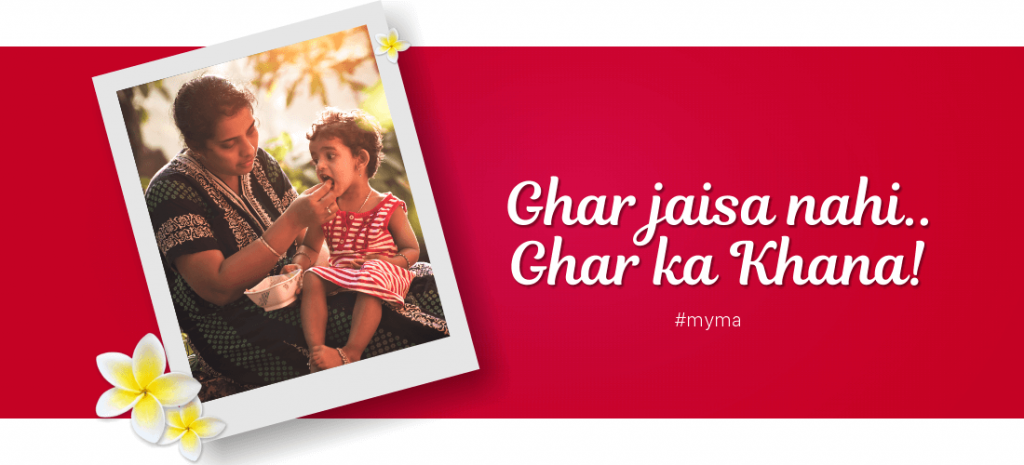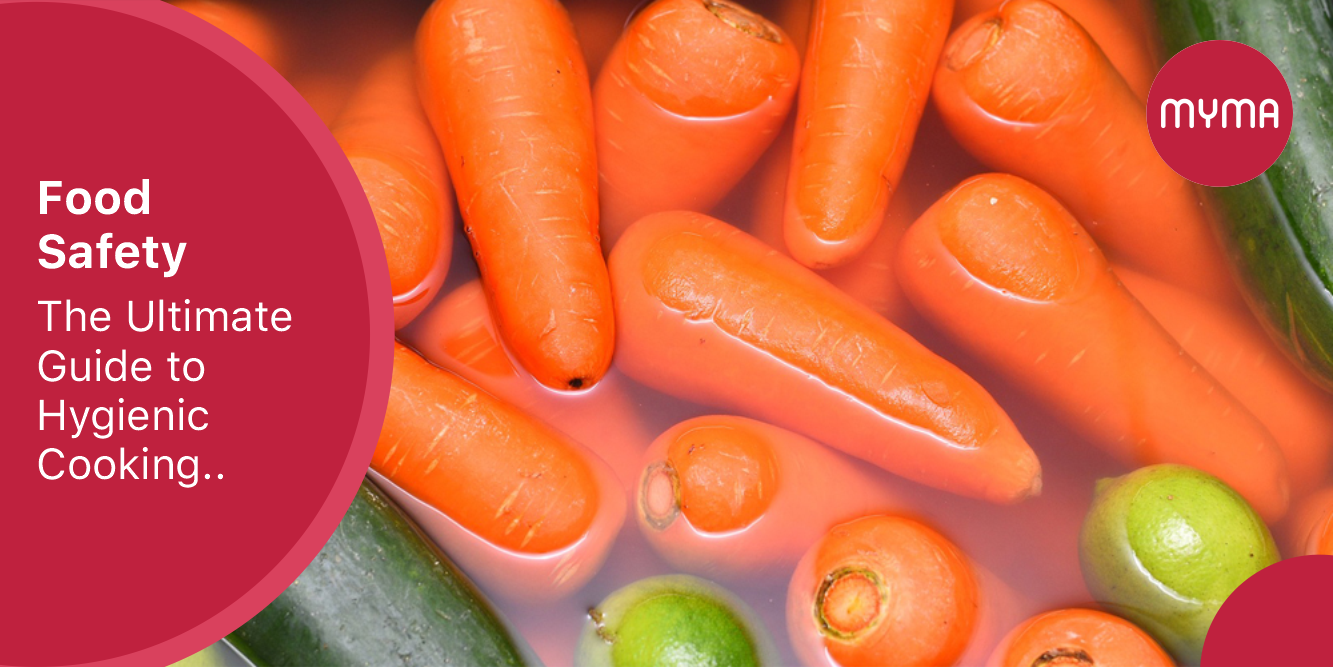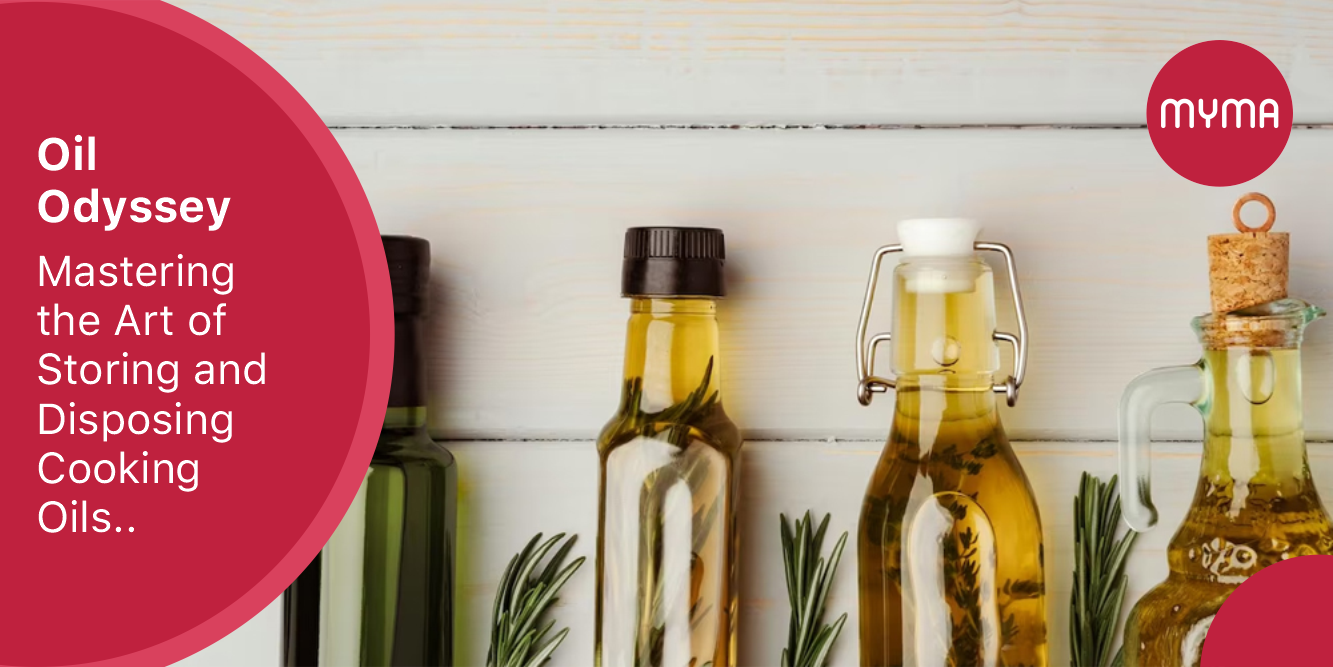Food safety is an important issue in India, where millions of people are affected by foodborne illness every year. There are many factors that contribute to foodborne illness in India, including poor sanitation, contaminated water, and improper food handling.
However, there are also many things that you can do to keep your food safe and healthy in India. Here are some tips:
- Use traditional Indian spices and herbs to flavor your food. Many Indian spices and herbs have natural antimicrobial properties that can help to keep food safe. For example, turmeric, cumin, and coriander have all been shown to inhibit the growth of bacteria.
- Cook your food in traditional Indian ways. Many traditional Indian cooking methods, such as braising, stewing, and roasting, help to kill bacteria. For example, braising involves cooking food in a liquid at a low temperature for a long period of time. This helps to break down the cell walls of bacteria, making them easier to kill.
- Use traditional Indian utensils and containers. Many traditional Indian utensils and containers are made from materials that are naturally resistant to bacteria. For example, clay pots and copper utensils are both naturally antimicrobial.
- Store your food in traditional Indian ways. Many traditional Indian ways of storing food, such as storing food in clay pots or in special containers made from leaves, help to keep food safe. For example, clay pots help to keep food cool and moist, which creates an environment that is not conducive to the growth of bacteria.
- Be mindful of your personal hygiene. This is an important food safety tip regardless of your culture, but it is especially important in India, where many people share a common kitchen. Make sure to wash your hands thoroughly before and after handling food, and avoid touching your face or hair while you are cooking.
In addition to these general tips, there are also some specific tips that are important to keep in mind when cooking and eating Indian food:
- When cooking with raw meat, poultry, or seafood, always use a separate cutting board and utensils for these foods. This will help to prevent cross-contamination.
- If you are using a pressure cooker to cook food, make sure to bring the pressure up to the correct level and cook the food for the correct amount of time. This will help to kill any bacteria that may be present in the food.
- When serving food, make sure that it is kept hot or cold. Food that is held at room temperature for more than two hours is at risk of becoming contaminated with bacteria.
- If you are unsure about whether or not food is safe to eat, it is always better to err on the side of caution and throw it out. Your health is worth it!
By following these tips, you can help to keep your food safe and healthy, and enjoy all the delicious flavors of Indian cuisine.
Here are some additional tips that are specific to Indian food:
- When eating street food, be sure to choose vendors that have a good reputation and that appear to be clean. If you are unsure, it is better to err on the side of caution and avoid eating street food.
- When eating at a restaurant, be sure to ask about the cooking methods that are used. Some restaurants may use traditional Indian cooking methods that help to kill bacteria, while others may use less traditional methods that may not be as safe.
- If you are cooking Indian food at home, be sure to follow the recipes carefully. Many Indian recipes call for long cooking times, which helps to kill bacteria.
By following these tips, you can help to keep yourself and your family safe from foodborne illness. So, enjoy all the delicious flavors of Indian cuisine, without worrying about getting sick!
Myma… Ghar jaisa nahi, Ghar ka khana!





